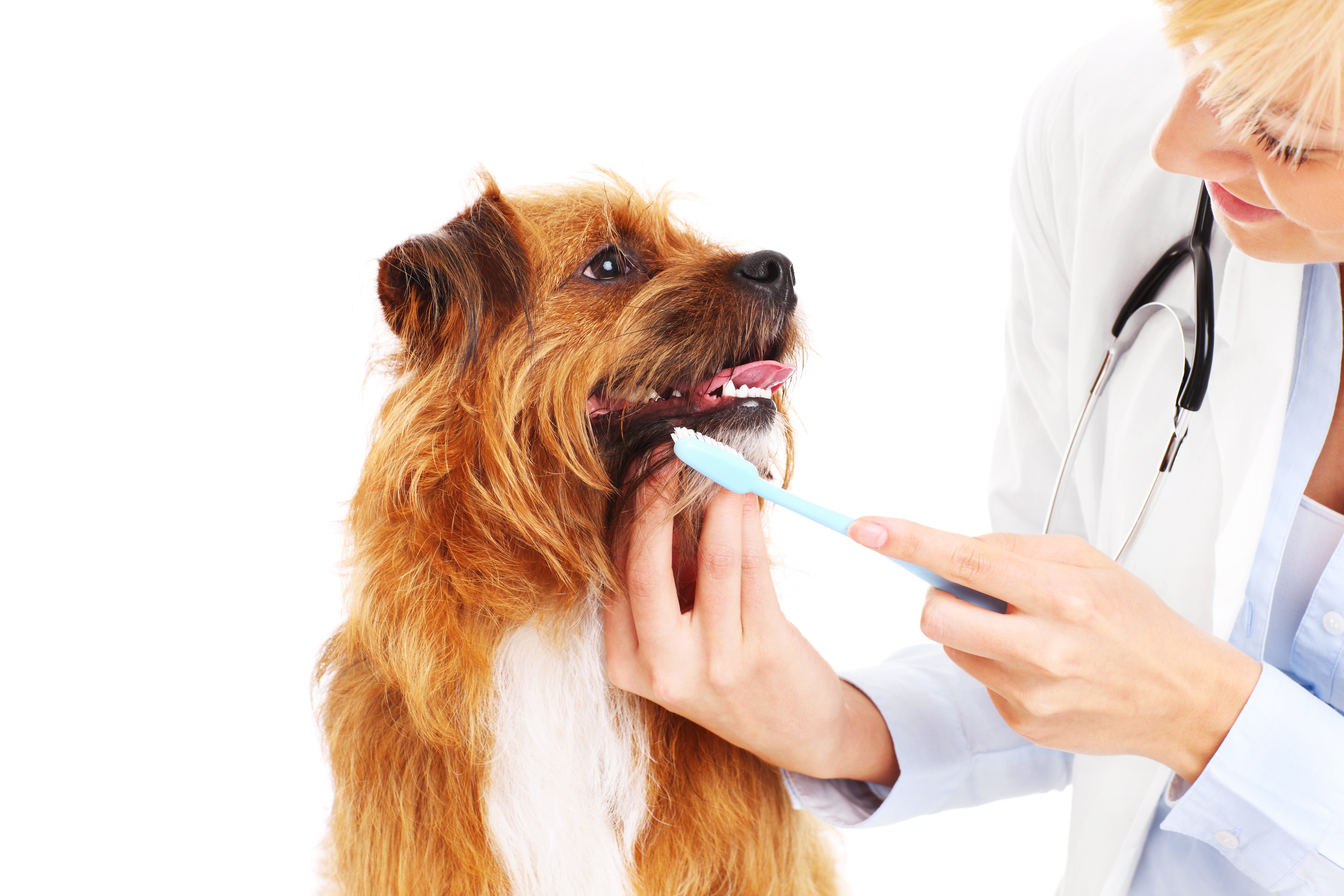
Periodontal disease is the loss of the periodontal attachment apparatus (periodontal ligament, alveolar bone, cementum and gingiva). Since 75-85% of these structures are identified below the soft tissues of the oral cavity (e.g. gingiva, alveolar mucosa, and palatal mucosa), a thorough clinical subgingival evaluation and intraoral radiographs are required to assess, diagnose and treat periodontal disease.
Periodontal disease may be potentiated by, but not limited to, malocclusions, crowding and rotation of teeth, systemic disease, nutritional status, individual patient susceptibility, genetics, trauma, and increased tooth to jaw size ratios.
The clinical signs of periodontal disease are often hidden and insidious. Halitosis, gingivitis, supragingival plaque and calculus, reluctance to chew, head shyness, pawing at the mouth, dropping food, sneezing, nasal discharge, are clinical signs. Unfortunately, many of those clinical signs require astute client observation and/or careful questioning from the clinician. Most commonly, there may be no obvious clinical signs to the owner and untrained veterinarian.
Stages of periodontal disease:
Stage 1 – Marginal gingivitis with no attachment loss. Minimal plaque and calculus
Stage 2 – Moderate gingivitis, bleeding upon probing. More plaque and calculus accumulation is present, especially in the gingival sulcus. Dental radiographs may show signs of up to 25% attachment loss and some horizontal bone loss may be evident.
Stage 3 – Moderate periodontal disease. Periodontal pockets may be present and dental radiographs may show signs of attachment loss between 25% and 50%. Teeth may become mobile. Vertical bone loss and infra-bony pockets may be present.
Stage 4 – Severe periodontal disease. Periodontal pockets greater than 9 mm. Attachment loss is greater than 50%. Significant infrabony pockets with very mobile teeth associated with severe halitosis and generalized stomatitis.




